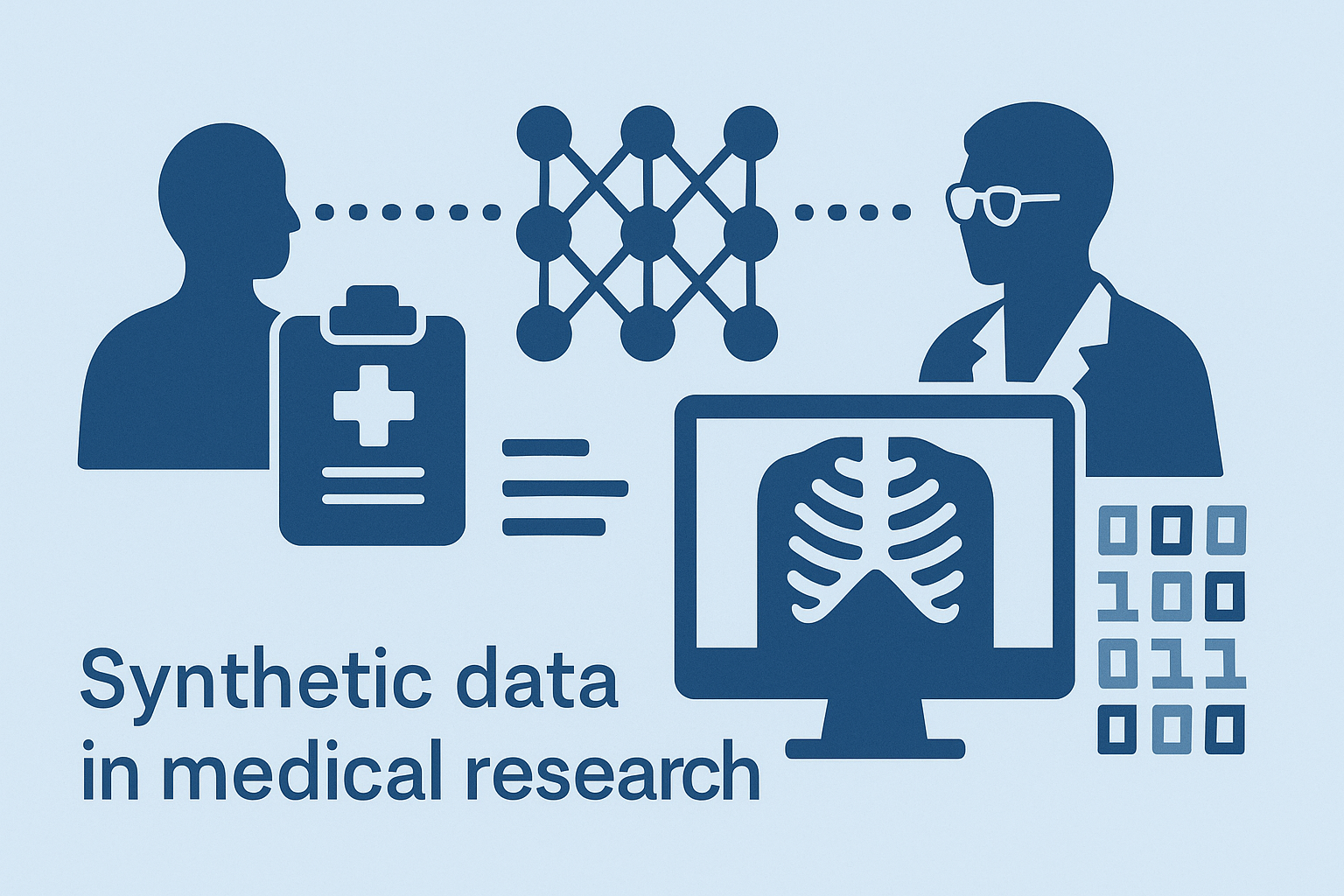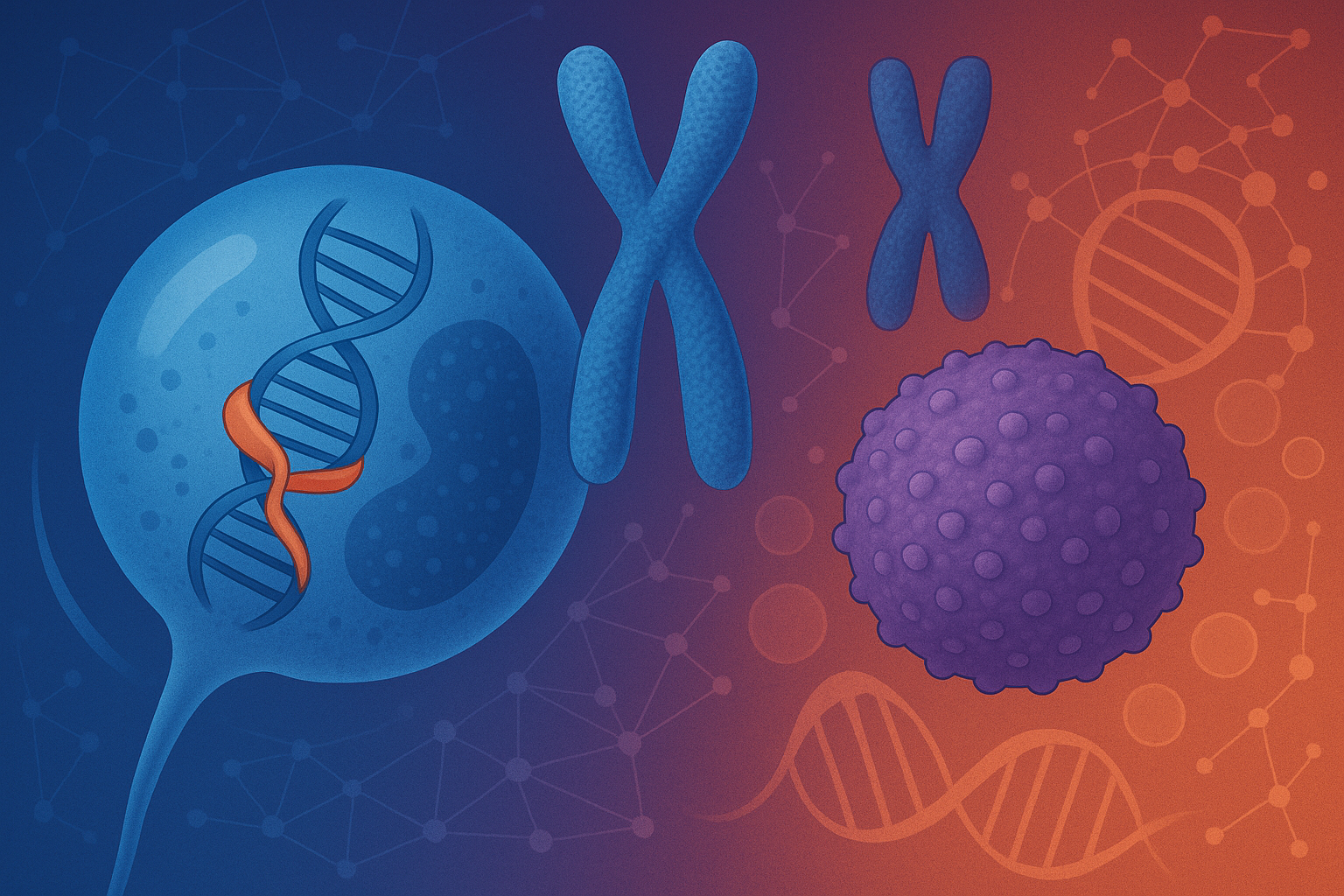
Synthetic Data in Medical Research: Promise and Precautions
Synthetic data in medical research is transforming how scientists develop and test ideas. These datasets, generated by algorithms rather than real-world collection, can simulate the statistical properties of actual patient data. They support hypothesis testing, early-stage experiments, and studies in regions where collecting real health data is difficult. Supporters also note that synthetic datasets reduce privacy risks and can be shared more freely than traditional medical records.
How Synthetic Datasets Support Healthcare
AI systems are already using AI synthetic datasets to interpret X-rays, create reference scans, and assist radiologists. In countries facing a shortage of specialists, these models speed up diagnosis and improve accuracy. Synthetic data also help researchers design studies without the high costs or delays of real-world data collection.
Ethical and Privacy Concerns
The rise of artificial medical data creates new ethical questions. Some institutions now waive ethics reviews when projects use synthetic data instead of human records. However, experts warn that people whose information seeded these models could still face re-identification risks. As models evolve across multiple generations, the link to real-world data may weaken, but transparency in data generation remains essential.
The Need for Validation
One major risk of synthetic data in medical research is “model collapse,” where systems trained on synthetic datasets begin to generate unreliable or meaningless outputs. Validation safeguards accuracy. Independent replication and open reporting of algorithms, assumptions, and parameters are necessary steps. Without these, healthcare research may rely on unverified results, putting both science and patient care at risk.
Moving Forward
Researchers and publishers are now calling for reporting standards tailored to healthcare synthetic models. These include clear documentation of how datasets are created and proposals for independent testing. While synthetic data can accelerate innovation, their use must come with transparency, validation, and ongoing ethical oversight to ensure trust in AI-driven healthcare.
Read: Potential Biosignatures on Mars: NASA’s New Discovery in Jezero Crate.






